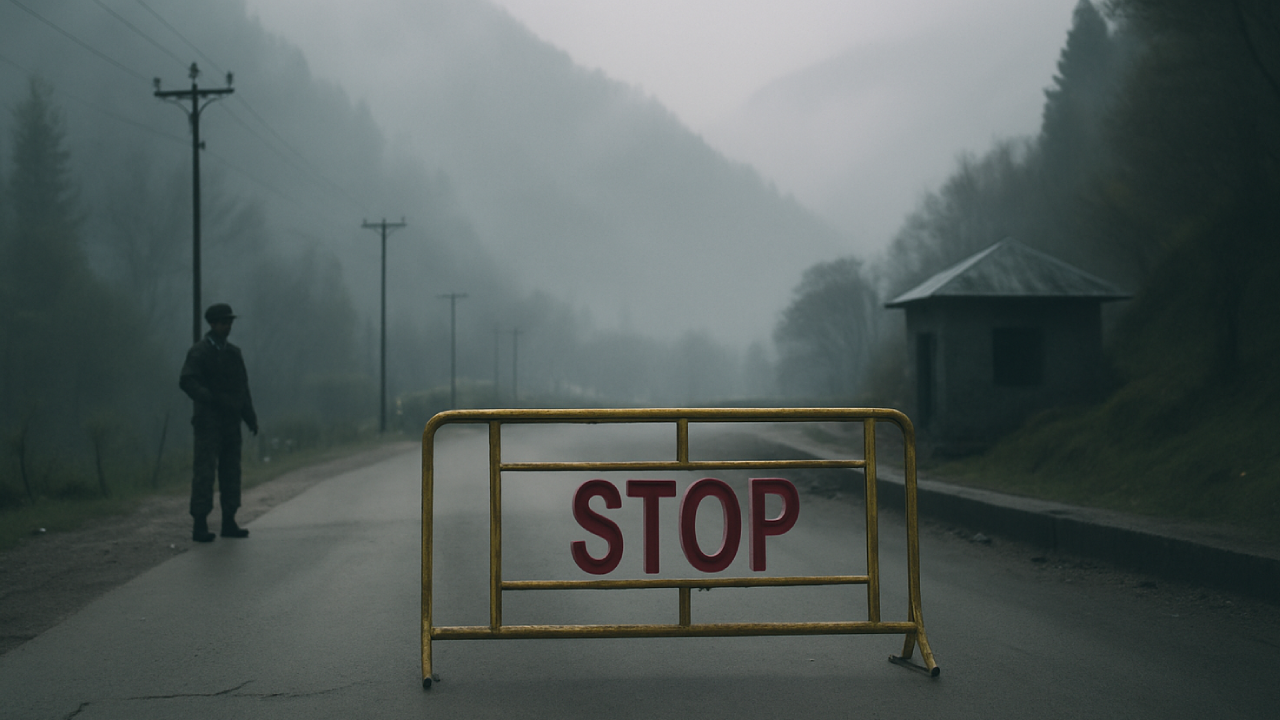When militants opened fire on unsuspecting tourists in the lush valleys of Pahalgam on 22 April 2025, killing 28 and injuring dozens more, a familiar and uncomfortable question resurfaced. Why do terrorists continue such brutal attacks when they know the Indian government will not yield to their demands?
For years now, leaders of militant groups have understood that violence will not reverse political changes like the 2019 revocation of Kashmir’s autonomy. New Delhi’s stance has remained firm, refusing to negotiate with those who pick up arms. Yet, attacks like Pahalgam keep happening, often with chilling precision just as India approaches elections.
It suggests that the real objectives of these attacks may lie elsewhere, not in extracting political concessions, but in spreading fear, deepening communal divisions, and shaking public faith in normalcy.
A Broader Strategy of Destabilisation
Security experts say that targeting civilians serves a brutal, calculated purpose. By killing tourists and disrupting life in Kashmir during peak season, militants aim to undermine the image of a peaceful, stable Kashmir that the Indian government tries to project. Tourism is often seen as a sign of returning normalcy. Attacking that directly strikes at the heart of New Delhi’s narrative.
At the same time, such incidents create tension between communities across India. Already, after the Pahalgam attack, reports have surfaced of sporadic violence against Muslims in different parts of the country. Some Indian media outlets, critics say, have been quick to frame the tragedy in Hindu-Muslim terms, fuelling anger rather than calling for calm.
Terror groups, analysts believe, are fully aware of this cycle. By creating anger and division inside India, they hope to achieve with psychology what they cannot with politics.
A Familiar Pattern Before Elections
History suggests that timing is not a coincidence either. Many of India's worst terror attacks have come just months before major elections, altering political conversations and pushing national security to the top of public concern.
| Date | Atttack | Election Date | Months Before Election |
|---|---|---|---|
| 13 December 2001 | Indian Parliament Attack | 14 February 2002 (UP Elections) | 2 months |
| 26 November 2008 | Mumbai Terror Attacks | April-May 2009 (General Elections) | 5 months |
| 18 September 2016 | Uri Army Base Attack | March 2017 (UP Assembly Elections) | 6 months |
| 14 February 2019 | Pulwama Attack | April-May 2019 (General Elections) | 2 months |
| 22 April 2025 | Pahalgam Tourist Attack | May 2025 (State Elections) | 1 month |
How Public Mood Shifts After Attacks
Each time, the aftermath was similar. Grief, followed by national outrage. Calls for revenge. An emotional environment where conversations about jobs, prices, or governance faded away, and the focus shifted sharply to national security.
In such an atmosphere, ruling parties, especially those projecting a strong security image, have historically found political advantage. Experts caution that while governments are not behind the attacks, they have sometimes benefitted from the resulting surge of nationalist sentiment.
Political Risks and Media Response
The Indian government has responded swiftly to the Pahalgam killings. Borders have been closed, diplomatic ties with Pakistan have been downgraded, and Defence Minister Rajnath Singh has promised a "strong response."
But beneath the official statements lies another reality: the fragile communal fabric inside India. As anti-Pakistan protests spread across cities, there are growing fears that Hindu-Muslim tensions could escalate further playing directly into the hands of militants who seek internal division.
Criticism is also mounting against sections of India's mainstream media. Coverage that paints the attack purely in religious terms risks widening social cracks at a time when calm and unity are most needed.
The Real Battle Ahead
Analysts agree that while military retaliation may be on the table, as it was after the Uri and Pulwama attacks, the harder and more crucial battle will be inside India itself. The battle to remain calm. The battle to resist fear and hatred. The battle to remember that the real enemy is terror, not each other.
The Pahalgam massacre was a bloody reminder that terrorism today aims to win not just by killing people, but by making societies turn on themselves. How India responds in the streets, in the media, and at the ballot box will decide whether the terrorists' deeper goals succeed or fail.
As the country heads toward elections, the need to separate grief from hate, justice from revenge, and strength from anger has never been greater.

